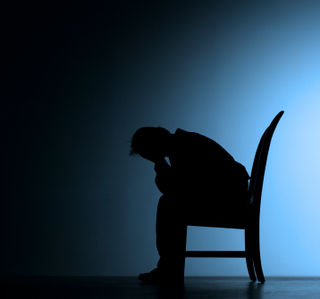Memorial Day honors all Americans who died fighting to defend our country. Among them is my uncle, George “Buddy” Patterson, who died during World War Two at age nineteen. He is buried at the Gettysburg National Cemetery because my grandparents lived nearby in Pennsylvania. My parents adopted Buddy when he was a baby. He had been abused and abandoned by his birth parents. My grandmother spent months nursing him back to health. Like most men at the time, including my father, Buddy volunteered after the attack on Pearl Harbor caused the U.S. to enter the war. Fortunately, my father was not injured, but Buddy did not survive his service in Europe.
Fortunately, my father was not injured, but Buddy did not survive his service in Europe.
Another fallen soldier whom I will remember today is one of my high school classmates, Randy Lundy. He was one of the most popular students in my school and for a good reason. He was an outstanding athlete, excellent student and great teenager with a bright future. He was sent to Vietnam where he was killed by friendly fire.
Two blocks from our house, a family has erected a three foot white cross on the front lawn of their home and encircled it with miniature flags. I do not know this family but the parents have attached a photograph of their young son on the cross and noted his rank and date of death in the Gulf.
Their “Buddy” has died too.
In 2000, President Bill Clinton passed a resolution calling for a national moment of remembrance on each Memorial Day to honor those who paid the ultimate sacrifice for our freedoms.
Join me in pausing at 3 p.m. today to remember those who have perished.






